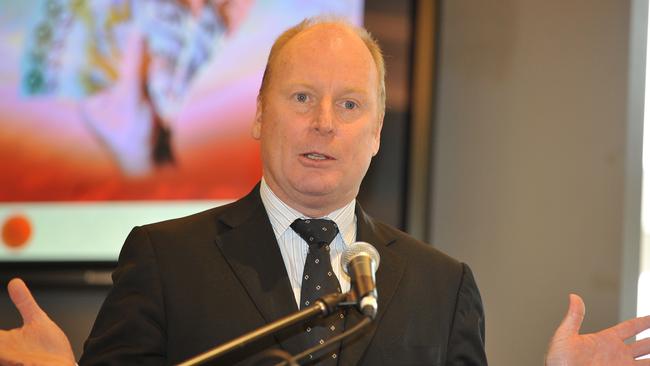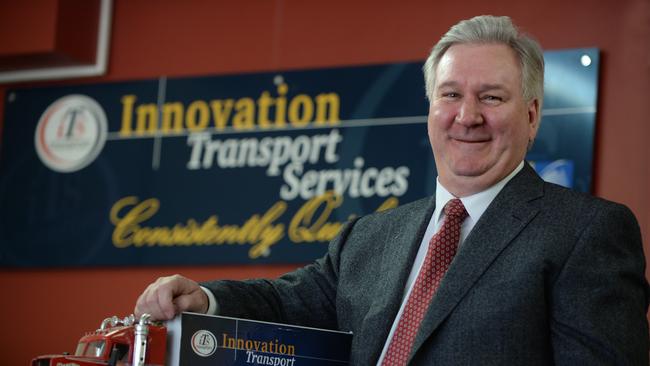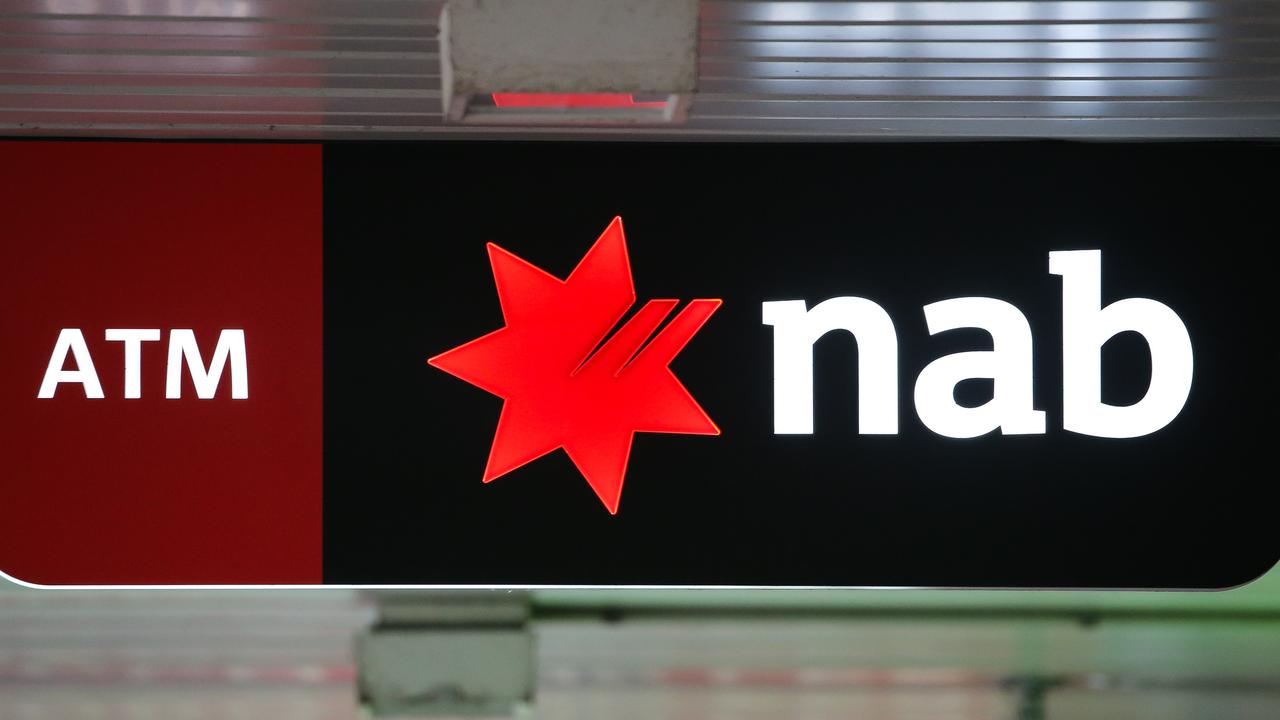Businesses ignore existing customers at their peril: These consumers have choices and cost a lot to win back
THE cost of acquiring a new customer is significantly more than keeping an existing one. Six to seven times more, writes Ross Greenwood.

Small Business
Don't miss out on the headlines from Small Business. Followed categories will be added to My News.
HOW much does a new customer cost you? It will depend on your business. If you are selling private jets, you will spend more to acquire a new customer than a second-hand car dealer will. Everything’s relative.
But here is a salient message for all small business owners from US social media marketing company Flowtown: the cost of acquiring a new customer is significantly more than keeping an existing one. Six to seven times more.
Yet today, in so many industries from telecommunications, to insurance and banking it seems all the emphasis is on acquiring new customers rather than providing incentive for existing customers to stay loyal. Think how many times you hear the adage “you have to shop around”. That tells the customer that loyalty is not rewarded and the next best deal is found by switching.
Consumers are savvy enough to know when companies take them for granted. The internet readily provides comparisons and the opportunity to easily switch. Bigger businesses are especially guilty of neglecting existing customers and rewarding newcomers.
And this is where there is a gaping opportunity for small businesses. The case study accompanying this column is a classic example of a smaller business concentrating on providing higher levels of services and specific business solutions. This is how Brett Howison from Innovation Transport Services competes.
But the real trick is hanging on to customers long term. This is a skill more businesses, large and small, need to learn.
One of the reasons Flowtown succeeded in the US is because it concentrated, via social media, on providing solutions for businesses to retain more of their customers. It did this by providing incentive programs for customers to remain intact and by allowing them and suppliers to have an ongoing dialogue about their future business.
The communication is important, because every business is growing or contracting. Very few remain stable for long. Therefore the ability to cope with increased business flows — or declining demand — is important in maintaining relationships.
For retailers, this is about using social media to stay in touch with a large number of customers cost efficiently (even those who have not used you for a long time). By remaining front-of-mind with customers — and by having new offers to entice them — it is likely they will return.
The other trick to repeat business is to meet and exceed expectations when that customer returns. If the level of service, pricing or personnel has changed markedly since they last interacted with your organisation then you might have lost the edge. If anything is perceived to have slipped then you could be on the way to losing a customer.
It’s why the internet has become such a disruptive influence for so many retailers. The ability to shop 24-7; to get cheaper deals and fast delivery to home, has given customers an ability to reassess their loyalty. There is little wonder so many small operators and entrepreneurs moved into online retailing so quickly.
The final aspect of repeat business is to know the customer well. In the case of many small businesses this was about “the personal touch”, where a business owner has close knowledge of their clients and their needs. To combat this, larger businesses have moved to loyalty schemes designed to gain more specific knowledge about customers and tailor offers to encourage them to remain loyal and spend more money.
The thing about the internet, though, is barriers to entry fall very quickly. In the past massive databases filled with rich metadata about customer habits would have cost many millions of dollars. But that is changing and now, along with their personal touch, smaller operations are also able to watch buying patterns, and can develop strategies to match. Start with the most obvious of these: the “search engine optimisation” that pushes your web-page to the top of browsers.
IMAGINE this as your first phone call of the day: “I have a bunch of monkeys I want you to take to Brisbane for me.”
Or how about this: “I want you to move the steps of the Opera House and store them away for a few months.”
If you’re in business, especially Brett Howison’s Innovation Transport Services business, the answer is always: “Sure, no worries”.
And that’s the reason Howison and his family have been able to survive in the cutthroat transport game for 17 years.
“We don’t do it until we get it right, we do it until we can’t get it wrong.”
That quote is one of 12-points that Howison wrote in his original business plan, way back, and which remains on his website as a reminder to him, his staff and his customers of the values that allow him to survive in such a tough game.
“It’s always been a competitive industry and it’s more competitive now than ever before,” Howison says. “Some walk away or go broke because they’re doing it too cheap.
“Everyone is doing exactly the same thing — delivering goods.
“When we have a customer we ask: ‘Who is the best person to look after them?’ I go over the company, sit down with them, and develop a plan. It is simple, but complicated. I try to get my staff to understand that we sell solutions to companies’ problems, and we have to deliver it.”
That takes us back to the monkeys and the Opera House steps. The monkeys were lab monkeys the CSIRO wanted relocated to Brisbane — at night
The Opera House steps had to be moved, and stored, when repair work was being carried out. In each case it was just a delivery, but it had to be done efficiently, safely and on time.
That’s why Brett Howison’s company has survived for so long in such a competitive game.

Originally published as Businesses ignore existing customers at their peril: These consumers have choices and cost a lot to win back


